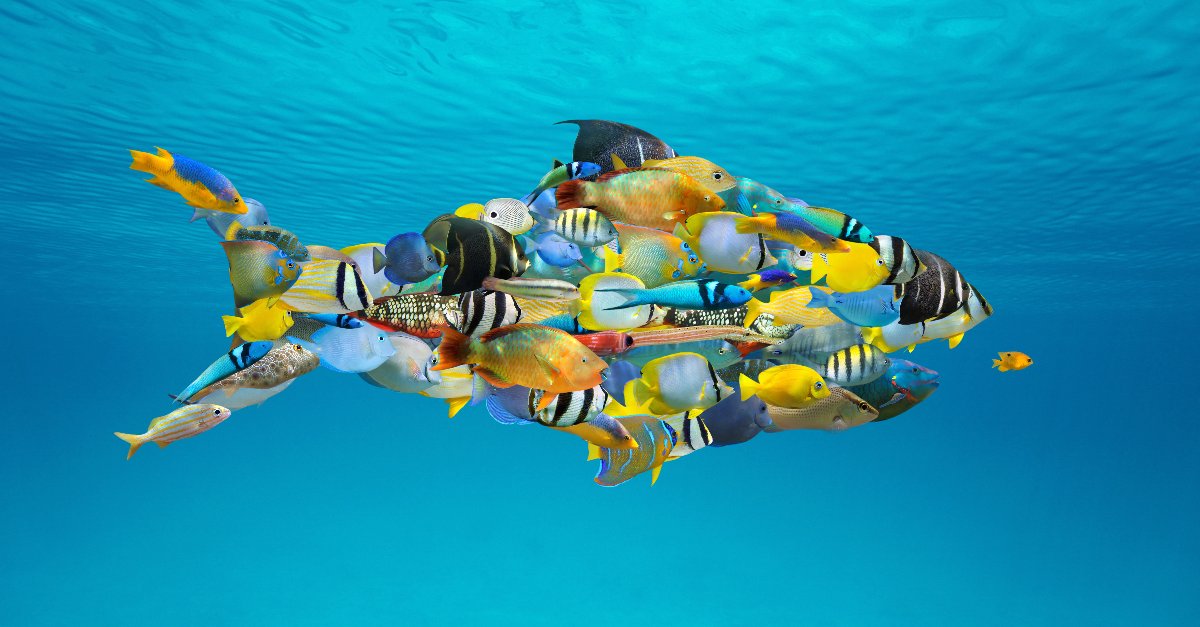Social pressure has long impacted consumer behavior, causing fluctuations in both environmental and sustainability patterns. As the move toward a green future intensifies, consumer’s awareness on how their choices impact the planet is increasing. For many, seeking alternative packaging solutions that move away from plastic is a top priority, as disposable products are increasingly frowned upon. However, many companies are falling short, failing to meet the growing demand for sustainable options, a misstep being criticized by many.
The amount of social pressure to find alternative packaging solutions is highly dependent on the country of origin, with many European nations paving the way. For countries that are slow to make these necessary changes, consumer frustration is evident, often leading to discouragement and eventually apathy. One individual voiced his discontent, declaring, “With plastic [there are few ways] around it, for this reason, I feel this is…not my task.”
Although there is still much progress to make, there are significant areas where the effects of social pressure are clear to see. Streaming platforms like Netflix use documentaries to educate and inform the public on questionable practices performed throughout a wide range of industries. For example, one consumer credits the documentary Seaspiracy for opening their eyes to overfishing, stating, “Unfortunately, I love eating fish or shrimp. But since the movie, I’ve given up fish even for sushi.”
The Broad Effect Of Social Pressure On Consumer Behavior
Social pressure extends beyond sustainable packaging solutions; it penetrates every area of consumers’ lives. An analysis of four areas of impact, food, travel, clothing, and other consumer goods, sheds light on the consumer shift toward mindful sustainable practices and away from disposable and wasteful goods.
Food
Many consumers report already making changes in their daily lives, citing ease of transition to a new diet as a driving factor
Travel
More people report ditching their vehicles and either cycling or walking, while cruises surprisingly topped the list of frowned-upon activities. However, not everyone is willing to change their lifestyles, with more consumers refusing to give up traveling for vacations.
Clothing
Fast fashion and discount shops are declining as more attention is on sustainable and ethical manufacturing practices. Many consumers cite the lack of transparent labeling as a significant concern.
Other Consumer Goods
Plastic toys and aluminum top the list of avoided goods, while natural cosmetics are gaining popularity. Device sharing among families has also emerged as a growing trend.
How Consumers View Sustainability In Practice
Talking about sustainability is one thing, but practicing it is another. When asked how sustainable practices have impacted their lives, many consumers point to the fact that they’ve made changes for years and are unwilling to limit themselves further. They are especially hesitant in areas like travel and food purchases but concede everyone must contribute.
Despite this hesitance, many feel compelled to look toward the future, a move they feel is vital for people and nature. As one consumer put it, “If we adults don’t start to finally change something, our grandchildren will have a broken, overheated planet to live on.” These changes can only happen with better education and information, but the impacts of social pressure to push consumers out of their comfort zones and toward sustainable practices are undeniable.

